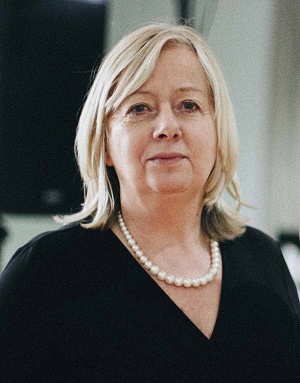Evolving Risks Within the Care Sector
The UK social care insurance market has been restricted for many years, with underwriters concerned at the volume and cost of claims being reported across the sector. The COVID19 pandemic has not improved insurer’s attitude towards the attractiveness of either health or social care risks, meaning further restrictions being placed within the market. As a result, it is vital that care organisations present themselves in the best possible light to ensure that they are able to obtain quotations from the limited number of insurers available, at the most competitive price.
Reasons for a shrinking appetite
UK insurers are becoming more restrictive in the type and size of properties they are looking to insure for many reasons, some of which you may be familiar with and some that may not be as instantly recognisable.
Fire risks
Several large fire losses in commercial properties has led to underwriters reviewing their current property portfolios and limiting the type of properties and businesses that they want to insure. In the last 30 years, many commercial properties have been built with modern and more innovative construction methods which are proving to be less attractive to insure, including:
- Timber framing
Timber framed construction provides a time and cost-effective method of construction, however insurers are nervous about covering these types of buildings, especially larger ones as they are concerned at the increased fire risks such properties can impose. - New materials
Until claims statistics can be compiled, insurers are always concerned when properties are built using materials that have only recently been developed, as this makes understanding the risk of a large loss following a fire difficult. - Cladding
The tragic events at Grenfell Tower resulted in insurers requiring the removal of cladding at buildings throughout the UK. Any mention of cladding, even if not the type which increased the damage at Grenfell, results in insurers requiring more information. Often, it results in the underwriter simply not quoting as they are not willing to take the time to understand the type of cladding used.
Over the last couple of years, insurers within the hospitality sector have started to require the installation of automatic fire suppression systems in commercial kitchens and recently, insurers within the care sector are also requesting that care homes adhere to this requirement as well.
It is Towergate’s expectation that this will become a standard requirement for all locations with a commercial kitchen within the next five years, no matter how small the care home.
Care home size and potential loses
Some insurers are limiting the size of commercial property that they are prepared to insure, due to concerns regarding the potential for a large property having an associated loss of income claim.
If your current policy is with an insurer that is not offering renewal terms, you should be prepared to provide additional information to your broker for them to obtain an alternative quote from the insurers that may still be able to assist.
Care home insurance from Towergate
For more information or to get a quote, please call 0330 123 5342 or email our team at newcare@towergate.co.uk. To submit an enquiry form and get a call back, you can also visit our care and medical insurance webpages.
About the author

Carolyn Baker-Mellor is a respected industry leader with over 35 years' experience within the care insurance sector. She works across a wide spectrum of insurance product and policy development, delivery and optimisation for care industry clients, including managing global corporate accounts, working closely with trade associations, and helping clients in protecting their businesses and personal assets.
Date: April 18, 2023
Category: Care and Medical




